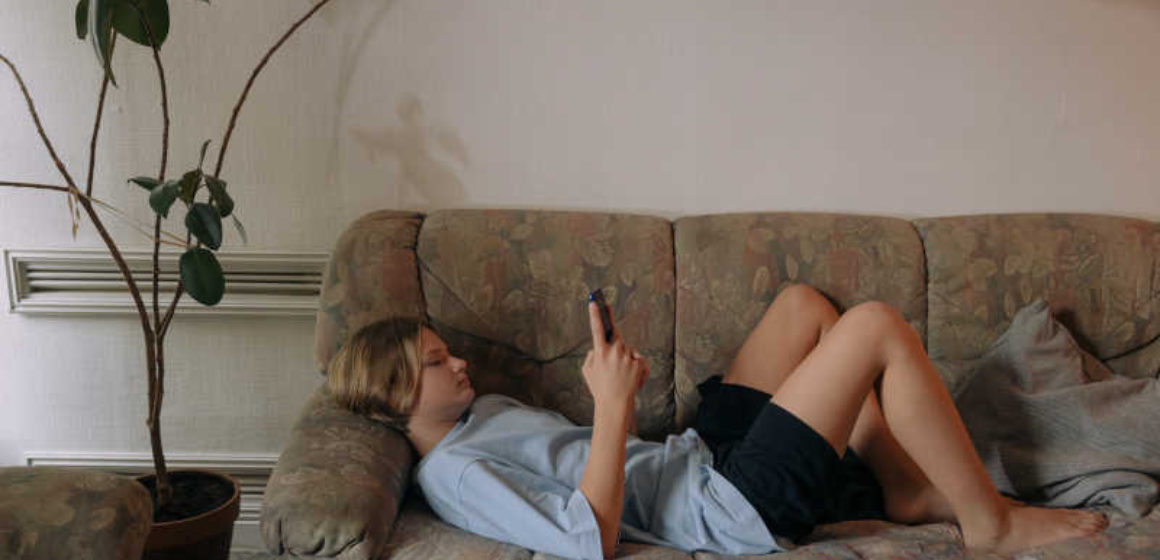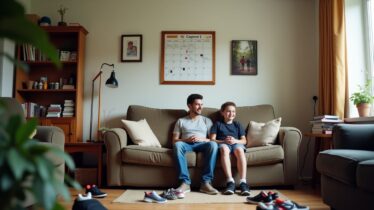Teens and Screen Time
The Academy of Pediatrics recommends limiting screen time to about 2 hours and limiting it for children under the age of 2 years old. As a pediatrician that specializes in teens I would have used my knowledge of reading this line to recommend this parameter to your child. However, what we really know of medicine and recommendations is that they don’t work as a blanket statement, they are simply a guide. You have to consider the person in front of you and give them context to truly understand how something like screen time affects a teen. So I would ask you to consider the following situations.
One teen I worked with was doing online school because they were fascinated with stocks. They wanted to be able to do their stock trading while doing school. They had above average grades and were able to make their own income trading stocks. Is this someone I should limit their screen time to about 2 hours when they did both school and their business online. This was an example of me placing this teen in context.
When we get a good history and ask about what is going on for someone and what kind of time they are spending online, we gather more information. Teens who specifically use their phone to distract from emotions or escape their life are at higher risk for having the screen time be detrimental. This is not exactly because of what they are seeing online. If this were the case then the Academy of Pediatrics should just recommend that the images teens see of influencers be diverse in ethnicity, body type and academic pursuits and that they be held accountable for telling the truth. This would allow teens who were scrolling to see someone see a before and after photo of the make-up tutorial without a filter and that would be enough to see that the person was just like them and struggling. Instead, the APA chose to single out the device which can be a helpful tool as it was for the teen who wanted to be a fashion designer and used it to find outfits to copy versus presenting the device as a gateway drug to depression and anxiety.
What I am asking you to do is not consider this some conspiracy to get your teen hooked, but to consider that the phone, ipad or laptop is not the issue. It is a tool. A hammer can break someone’s toe or build a table. I want you to see that it depends on the skill set of the person using the hammer. Teens who would need any limit need it because there is something else going on for them. The phone, like friends, studying, or weight obsession becomes another way to distract from emotional pain. So when a parent calls me and says, I want you to help me with my teen they spend too much time on their phone. They do not realize they are saying, My teen is so depressed they just scroll through their phone in order to try and forget or escape into another world. There is a big difference.
Teens who feel good about themselves, will find something else to do and those who have emotional health skills will find self-care promoting things to do like go for a walk, be mindful, meditate, or watch something that would increase their emotional well being. But, the phone is like junk food. No one who feels bad about themselves says, I want broccoli. Noooo. They ask for pizza, chips and chocolate. Fat, salt and sugar. Why? There is a dopamine hit with these items. They literally make us feel better like they are a drug. This is the intoxicating effect to someone who doesn’t feel good about themselves before they pick up their phone.
When parents do not understand this, they misread the teens behavior and then make assumptions about the behavior and this unconscious parenting can make the behavior the enemy instead of a symptom or clue to a bigger issue. Please do not misunderstand. Pediatricians do this too. They give you handouts on limiting your teens screen time or how to get your teen off their phone like it is a simple issue and a universal solution. Their limited knowledge in behavioral medicine makes your pediatrician a better source to refer to mental health rather than to solve a mental health problem. The issue is they do not always recognize issues as a mental health problem. This can delay proper treatment and compromise the teen’s ability to function as well as family dynamic.
Early treatment is important, but if a parent or pediatrician makes this symptom of screen time about being a normal teen or oversimplifies the treatment as limiting the screen time to two hours, then the opportunity to understand what is happening for the teen is missed. The parent takes on the position of the authority figure whether it be the pediatrician that says this is just about limiting time or the society that dismisses it as normal rebellious teen behavior. The issue is much more important than that because no teen really wants to feel like they are so depressed and run down that all the energy they have is picking up their phone and letting their thumb move the screen. They too feel worthless and hopeless. They do this to distract from that feeling. They too dislike it so much. The real problem is they do not know what to do because they do not really understand what is happening to them.
Therapy is the answer to this issue. You can try and change it through authoritarian parenting by restricting the time for them in which case they learn to manipulate you to get their “drug” instead of using that energy to get better. So my advice is to look at screen time not as a one size fits all treatment, but a discovery of the teen you live with and be curious as to why they are numbing with a lot of screen time and yes this includes even if their grades are excellent.

Dr. O “TheTeenDoc.” helps clinicians communicate better with their teen patients. She speaks, blogs www.TheTeenDoc.com, researches and consults on communicating with teens. She has written two e-books for parents and teens on communicating about the challenging subject of sexual health. You know, teens that bring chief complaints of belly pain, social crisis, emotional turmoil and obnoxious parents. Or, is it the parents with obnoxious teens? Sometimes she mixes that complaint up.
Dr. O speaks www.TheTeenDoc.com to and is consulted by clinicians who want advice managing difficult teen and teen-parent situations. These situations frustrate clinicians and slow down their clinics making them wonder if they’ll ever walk out the door for the day. Every day, in her own practice, Dr. O helps clinicians communicate better with teens and helping you is another level of reward. Her talks are fun and informative, and her delivery empowers clinicians to actually think teens are an awesome group to work with. Her energy about teens is contagious and has inspired her coaching clients to have less fear and more confidence with the teens in their panel. Her dedication to seeing you succeed with a group she is so passionate about is what makes Dr. O’s Lounge the place you want to be!
If you are a clinician that has teen’s in your practice, from pediatrics to internal medicine, the person with whom you need to connect is Dr. O “TheTeenDoc!” You can listen to a complimentary audio “The Art of Teen Medicine” and recommend her e-book “Are You Serious? It’s Just Sex!” to your patients. And while you’re there, become part of Dr.O’s Lounge.
Specialties: consulting, coaching, counseling, mental health, research, seminars, spanish, public speaker, teaching, communications between teens and adults



